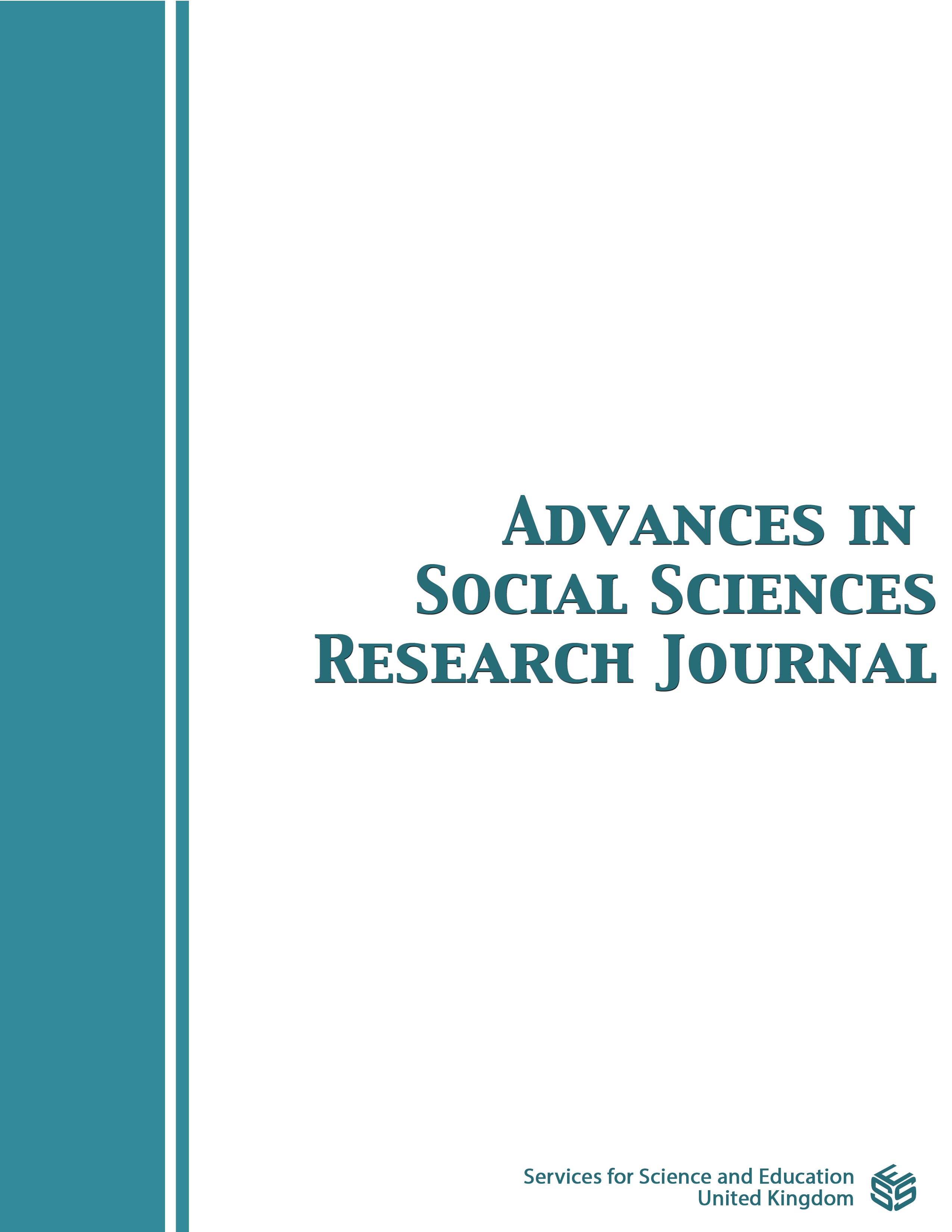Women’s Representation in Peace Processes: A Discursive Analysis of the UNSCR 1325
DOI:
https://doi.org/10.14738/assrj.106.14979Keywords:
language, feminism, WPS, CDAAbstract
This paper aims to address the critical issue of the representation of women in peace processes, particularly in conflict-affected areas of Cameroon, from the perspective of language use and the translation of the provisions of the Women, Peace, and Security (WPS) agenda in daily actions. The study employs a discursive analysis of the WPS agenda, guided by the Discourse Historical Approach by Wodak and Reseigl and Feminist Critical Discourse Analysis. Data was a document review of the UNSCR1325 of October 2000. The investigation revealed that language use in the policy document shapes the representation of women of peace processes. The finding of the study contributes to the understanding of the representation of women in peace processes and reveals that language use in texts and talks around women, peace, and security policy practice is contributing to the low representation of women in peace processes. The study highlights the importance of identifying discourses in texts and provides a framework for future studies to examine language use in different contexts and expand the discourse analysis techniques employed.
Downloads
Published
How to Cite
Issue
Section
License
Copyright (c) 2023 Mboumien Sally Mforchi, Seino Evangeline Agwa Fomukong, Djimeli Alexandre Tafopi

This work is licensed under a Creative Commons Attribution 4.0 International License.
Authors wishing to include figures, tables, or text passages that have already been published elsewhere are required to obtain permission from the copyright owner(s) for both the print and online format and to include evidence that such permission has been granted when submitting their papers. Any material received without such evidence will be assumed to originate from the authors.






